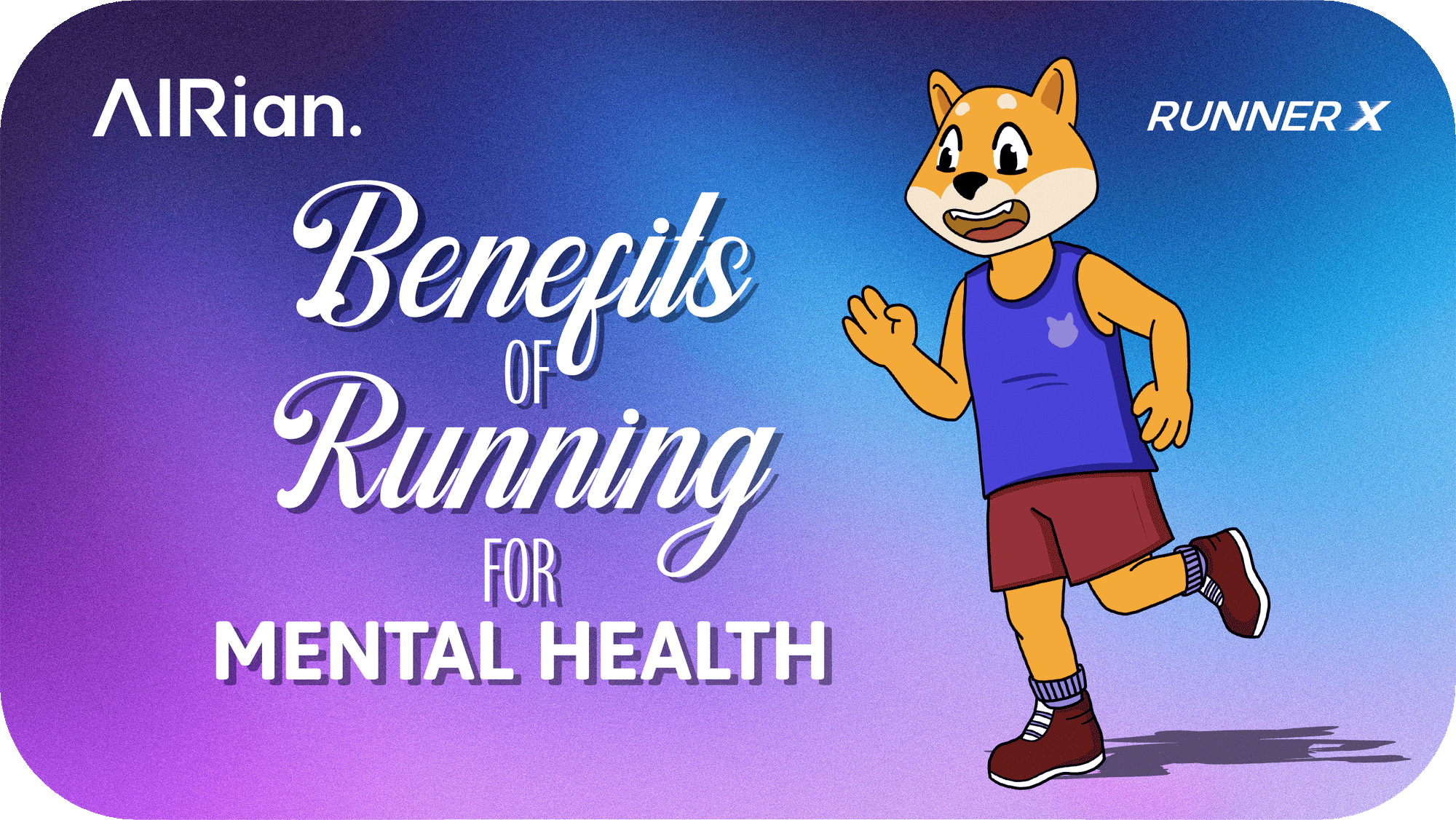0x12…qrst

If you ask a marathon runner what they find thrilling about running as a sport, they might say it’s “runner’s high” which means exactly as it sounds—an exhilarating sensation of euphoria they get from running. While some may doubt its validity, many studies prove that it is, in fact, real.
Because of this, many people find running effective in improving their mood and acquiring feel-good emotions to reduce stress, anxiety, and other mental health issues.
It is important, however, to know that more research is necessary to determine its specific impact on preventing and treating mental health issues, while recognizing that results may vary from person to person. And while running is not a replacement for professional mental health intervention, it holds optimistic potential in boosting one’s psychological well-being.
No Synthetic Chemicals, Just the Body’s Molecules
Running is an effective form of cardio and aerobic exercise. Since time immemorial, scientists have been studying the effects of exercise on the brain. “Endorphins, Endocannabinoids and Runners’ High,” a study conducted by Elisheva Winiarz for The Science Journal of the Lander College of Arts and Sciences at Touro College, explains that further examination determined that the euphoric feeling linked to exercise is triggered by endorphins, which are opioid hormones in the body that seem to rise as a result of physical activity.
“Since studies found increased exercise to correlate with higher levels of endorphins, most believed that the endorphins were directly responsible for what the vernacular dubbed ‘Runner’s High,’” the study says.
But more recent research suggests that endocannabinoids, similar in structure to marijuana cannabinoids, may be the reason. The same study says, “Researchers and scientists have thus turned their attention to endogenous endocannabinoids as the true source of analgesia, sedation, anxiolysis and reduced depression found in endurance exercisers.”
Whatever the exact cause of runner’s high is, the mental health benefits from running are widely recognized.
Here are five benefits, among others:
1. Decreases symptoms of anxiety and depression: Running has been shown to help reduce common symptoms of these mental health conditions through the release of feel-good hormones as identified above.
2. Improves cognitive function and clarity: Regular running has been found to enhance cognitive function and mental clarity by increasing blood flow to the brain and promoting the growth of new brain cells.
3. Reduces stress levels: Running can serve as a form of stress relief by providing a physical outlet for pent-up emotions and releasing tension in the body, leading to a calmer and more relaxed state of mind.
4. Boosts self-esteem and confidence: Achieving personal running goals, such as completing a race or improving speed and endurance, can boost self-esteem and confidence levels, which can lead to a more positive self-perception.
5. Promotes better sleep: Engaging in regular physical activity like running can help regulate sleep patterns and improve the quality of sleep, leading to a more restful and rejuvenating night’s rest.
Using a fitness app is a good way to effectively incorporate healthy habits in one’s daily routines. AIRian, an emerging Web3-based community running project, partnered with Shib to revolutionize running and participating in marathons. By offering token rewards for achieving certain milestones through Runner X, AIRian’s decentralized running app, users are encouraged to get moving and embrace a healthier lifestyle.
Running is an inexpensive and flexible exercise option for anyone who has the ability to do it. It also offers the opportunity to join a supportive community with whom to participate in exciting events like fun runs and marathons. It can be really fun and fulfilling and can put you in a better mood any day.